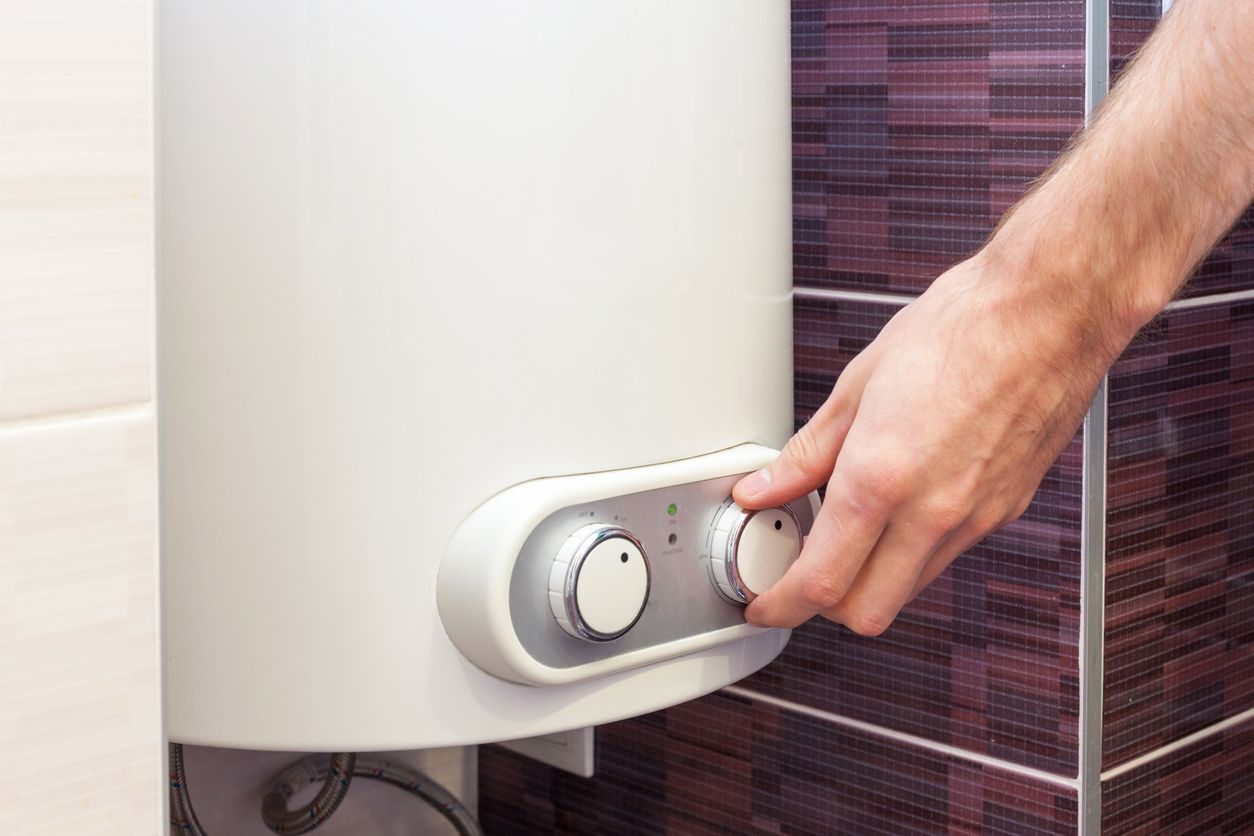Dealing with the Frequently Arising Water Heater Urgent Problems
Dealing with the Frequently Arising Water Heater Urgent Problems
Blog Article
Each person may have their personal conception involving Common Hot Water Heater Problems.

A water heater is among the most crucial fundamental devices that can be located in a residence. With hot water heater, you do not need to experience the anxiety of heating water by hand whenever there is a need to wash, do the laundry, or the meals. There is constantly a possibility that your water heating unit would act up as with many mechanical tools.
It is very important to keep in mind any little malfunction as well as tackle it promptly prior to things get out of hand. A lot of times, your water heater starts to malfunction when there is an accumulation of sediments as a result of constant usage. As a precaution, regular flushing of your water heater is suggested to prevent debris buildup and also avoid useful failing.
Common hot water heater emergency situations as well as exactly how to manage them
Dripping water heater container.
A leaking storage tank could be an indicator of corrosion. It can trigger damage to the floor, wall surface as well as electrical devices around it. You can also be at threat of having your home flooded. In this situation, you should switch off your water heater, allow it to cool down, as well as carefully seek the resource of the problem. Sometimes, all you require to do is to tighten a couple of screws or pipeline links in cases of minor leaks. But if this does not function and the leakage continues, you might require to employ the solutions of a service technician for a suitable substitute.
Varying water temperature level.
Your water heating unit could start creating water of different temperatures generally ice chilly or scalding warm. There might be a need to replace either the heating or the thermostat device of your water heating unit.
Inadequate hot water
Managing a not enough supply of warm water can be frustrating. It might be that the hot water heater can not sustain the warm water demand for your house. To handle this issue, you could try to change your heating unit's temperature dial and await a few minutes. You can ask for the assistance of a professional plumber if the issue persists. Conversely, you could update your water heater to one with a larger capacity.
Stained or smelly water
When this takes place, you need to understand if the concern is from the water or the storage tank resource. If there is no funny smell when you run cold water, then you are specific that it is your water heater that is defective. The smelly water can be triggered by corrosion or the accumulation of bacteria or sediments in the water heating unit storage tank.
Final thought
Some property owners disregard little caution as well as minor faults in their water heater device. This only leads to more damage and a feasible complete breakdown of your home appliance. You ought to manage your water heater mistakes as soon as they come near avoid even more expenses as well as unnecessary emergency difficulties.
With water heaters, you don't require to go through the anxiety of home heating water manually every time there is a requirement to take a bathroom, do the laundry, or the dishes. Your water heating unit can start producing water of various temperature levels usually ice cold or scalding warm. It might be that the water heater can't sustain the warm water demand for your apartment. If there is no funny scent when you run cool water, after that you are specific that it is your water heating unit that is defective. The smelly water can be caused by rust or the buildup of microorganisms or sediments in the water heater storage tank.
Common Water Heater Issues and What You Should Do
What Type of Water Heater Do You Have?
Before we begin it’s first important that you identify the type of water heater you have on your property. There are two main types of water heaters out there: conventional and high efficiency.
Both of these types of products typically use either gas or electricity to heat power. There are also solar water heaters that use a thermal collector on the roof or yard to heat the water.
While these models are not as common, they can cut heating costs in half. In this article, we will focus on conventional and high efficiency.
How Do My Electric and Gas Water Heater Work?
Though they look similar, electric and gas water heaters work very differently. It’s important to know their basic function because often problems can be specific to the heating source.
In the electric model, a thermostat on the side of the machine detects the temperature of the water in the tank. When the temperature needs to rise electricity flows to a heating element suspended in the water.
Gas models also use a thermostat device — typically with a mercury sensor at the tip and an additional sensor called a thermocouple. The thermocouple detects whether the pilot light is on and controls the flow of gas.
When the thermostat drops below the appropriate level gas is released which becomes ignited by the pilot light. The flame heats the bottom of the water tank which causes hot water to rise and cold water to drop.
This natural circulation continues until the water reaches the desired temperature. Then, the thermostat triggers the gas control valve to shut off the flow of gas.
What Are the Most Common Issues and How Do You Fix Them?
https://happyhiller.com/blog/common-water-heater-issues-and-what-you-should-do/

I came across that content on Warning Signs You Need Water Heater Repairs while perusing the web. Enjoyed reading our article? Please share it. Help others check it out. We enjoy reading our article about Is Your Water Heater Leaking?.
Overflow? Ring now! Report this page